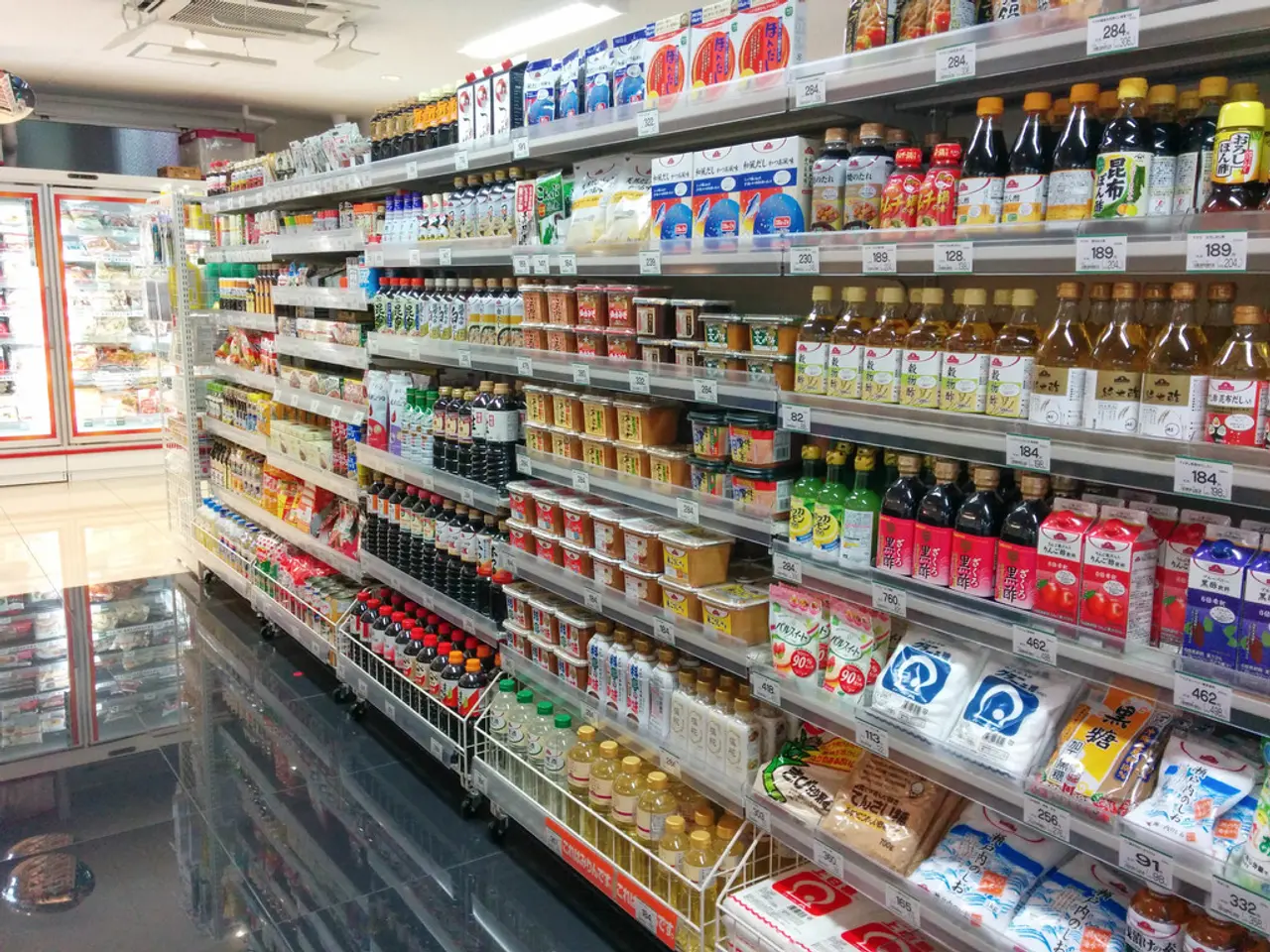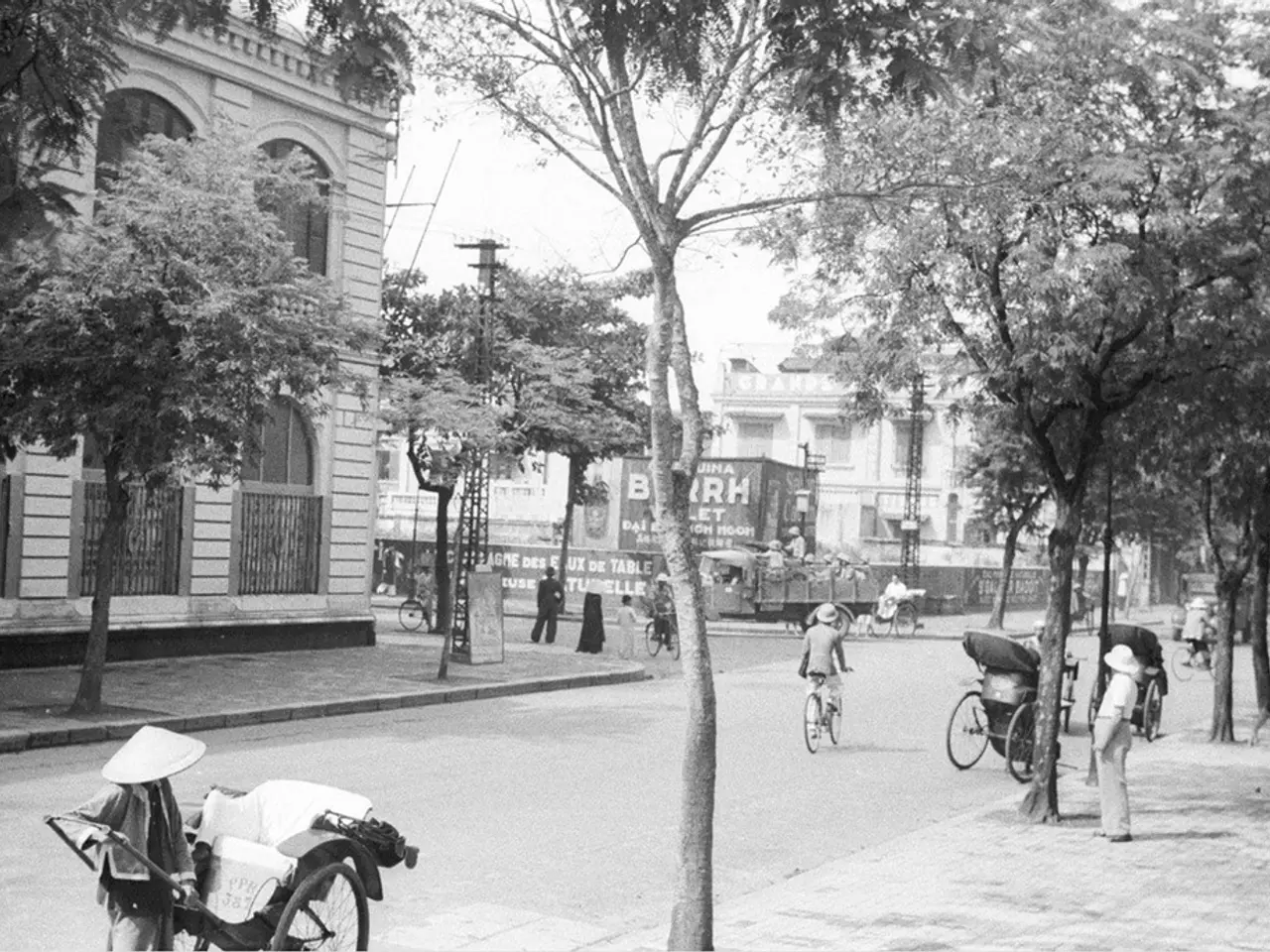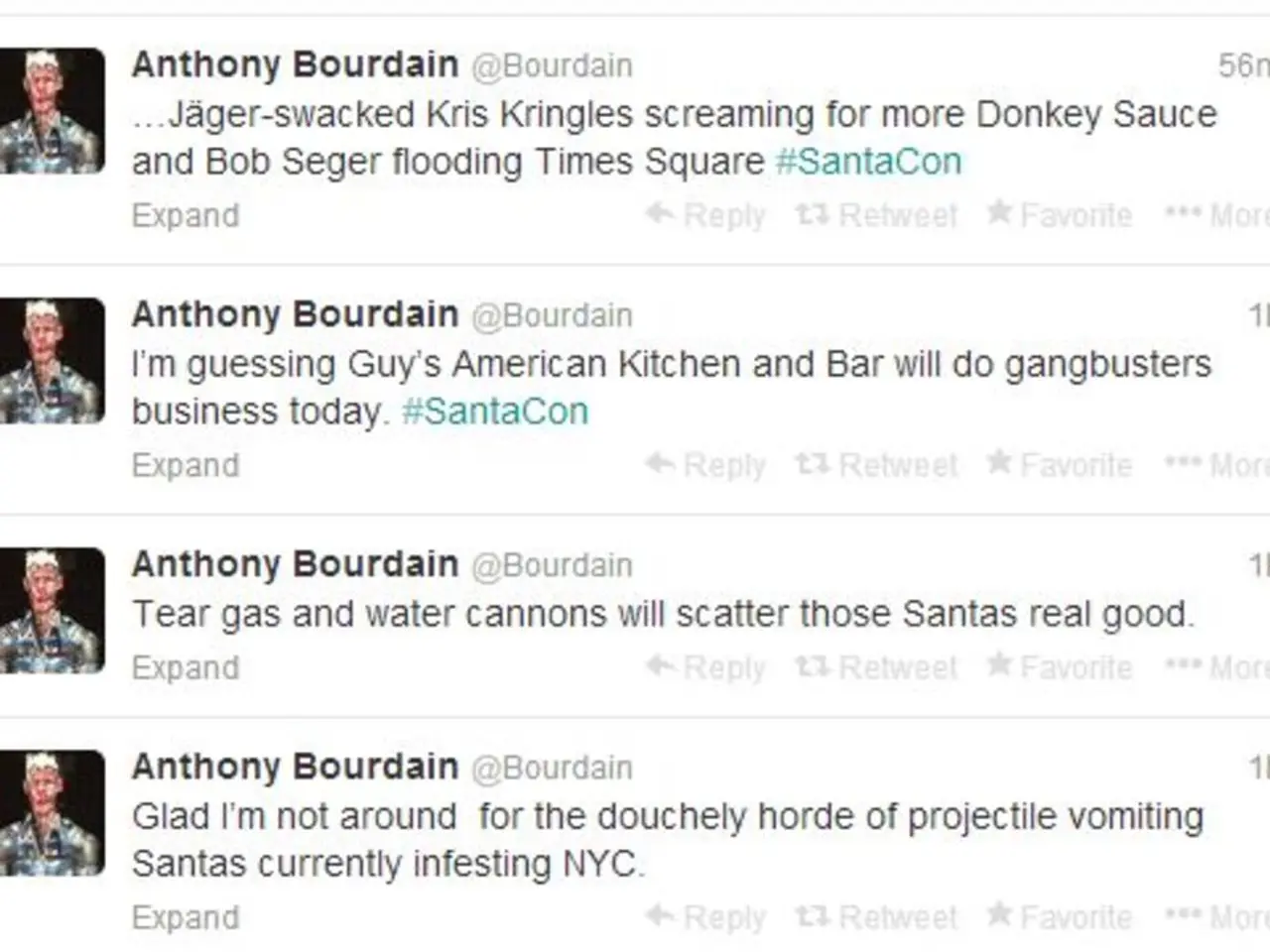Ministers of two departments and the Head of the Central Bank engaged in a debate over the economy's condition. Recording of the discussions.
In a turn of events at the St. Petersburg International Economic Forum (SPIEF), Minister of Economic Development Maxim Reshetnikov announced that Russia is "teetering on the brink of a recession."
"The numbers indicate cooling, but our numbers are a mirror of the past. Based on current feelings in business and indicators, I believe we're already on the brink," he said.
When asked if Russia could avoid slipping into a recession, Reshetnikov clarified that "it all depends on our decisions."
Finance Minister Anton Siluanov and Central Bank Chair Elvira Nabiullina disagreed with him. Siluanov described the Russian economy as "cooling," but expressed confidence that "after the chill, summer will come."
Nabiullina added that what's occurring is "cooling off": "The economy of supply in our case grew, while the economy of demand lagged, leading to overheating and inflation. This is simple enough."
Many resources that fueled the country's economy with robust growth in the past two years have been depleted. In particular, companies are grappling with a labor shortage, Nabiullina explained.
Later, Finance Minister Anton Siluanov responded to a question from Deputy Andrey Makarov about the Ministry of Finance's KPIs. He emphasized that the main goal was to create a budget that "so that spring comes sooner from our winter chills."
A minor spat ensued between them.
"You talk as if we don't read what we write," Siluanov said.
"If you start reading everything we write, you won't be able to work," Makarov retorted.
SPIEF takes place from June 18-21, 2025 at the "Expoforum" center. The main theme is "Shared Values - the Foundation for Growth in a Multipolar World."
Enrichment Data:
- The current economic indicators and forecasts for Russia, following the comments by Economy Minister Maxim Reshetnikov and others at the 2025 St. Petersburg International Economic Forum (SPIEF), depict a challenging outlook with signs of slowing growth and risks of recession.
- Russia's GDP grew by only 1.4% year-on-year in Q1 2025, marking the weakest growth pace in two years and falling short of earlier estimates[1][4].
- The official 2025 GDP growth forecast was recently revised downward slightly to around 1.5% from earlier projections near 1.6%[3].
- Inflation expectations for 2025 remain elevated, around 7.1%, reflecting persistent inflationary pressures in the economy[3].
- Interest rates remain high, with the Central Bank of Russia cutting the key policy rate modestly from 21% to 20% in June 2025, amid concerns over inflation and economic slowdown[1].
- The Russian ruble has experienced volatility but appreciated by over 30% from November 2024 to May 2025, largely due to speculative inflows; however, a devaluation is considered imminent due to seasonal factors and fiscal concerns[5].
Economic Context and Forecasters' Views
- Reshetnikov warned at SPIEF that Russia is "on the brink of a recession," attributing the near-term outlook to weak business sentiment and slowing industrial activity[1].
- The economy has been heavily supported by war-related spending and state intervention, fueling growth in military-industrial sectors but at the expense of civilian industries, which have seen declines (e.g., coal and oil sectors)[2].
- The so-called "war economy" growth is considered unsustainable and fragile due to structural imbalances, widening budget deficits, labor shortages, inflation, and deteriorating public services[2].
- Analysts and the Economic Development Ministry recognize risks of "overcooling" in the economy, urging timely monetary policy actions from the Central Bank to manage inflation and support growth[4].
- The civilian sector contraction and near full capacity in defense industries contribute to the economic slowdown, indicating that the wartime growth engine is losing momentum[5].
"In light of the remarks at the St. Petersburg International Economic Forum (SPIEF), finance and business leaders are closely monitoring the economic situation in Russia, with indicators pointing towards a possible recession."
"Amidst disagreement among Russian officials, Central Bank Chair Elvira Nabiullina believes that the current economic cooling is a result of overheating and inflation, hinting at the need for strategic financial decisions to avoid a recession."






